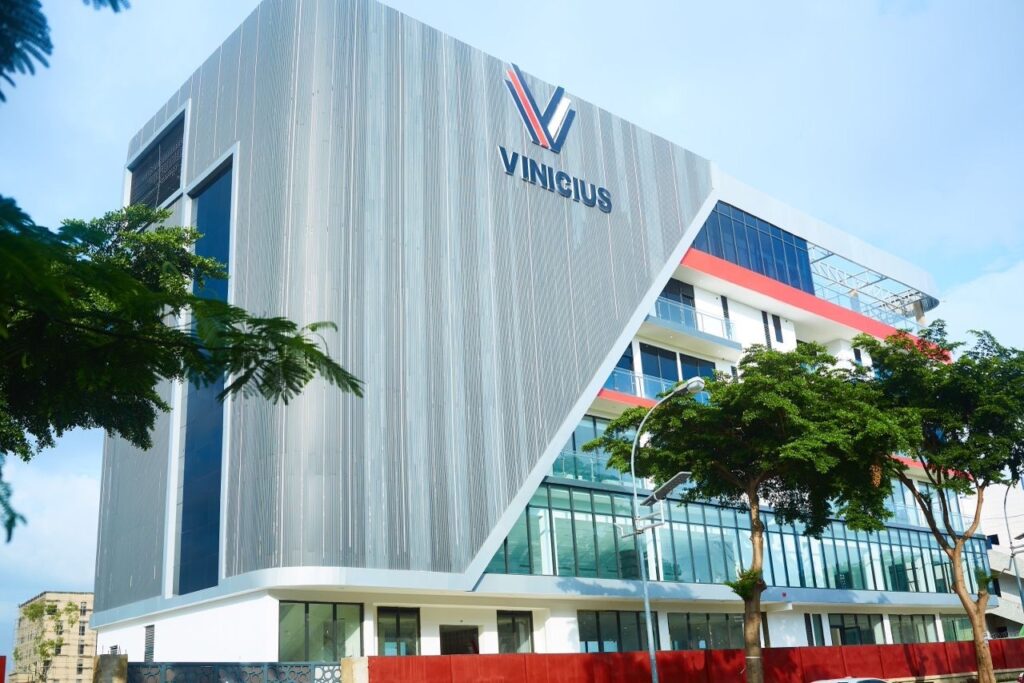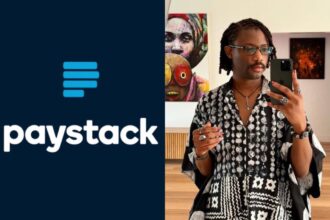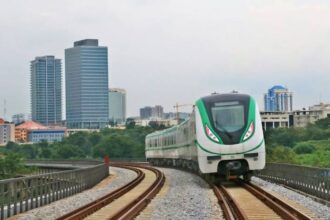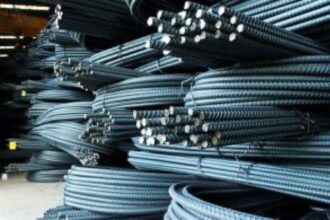
Vinicius International has begun local production of security hardware in Nigeria, a move expected to significantly reduce Africa’s reliance on imported defence equipment. Operating under a full licence from the Defence Industries Corporation of Nigeria (DICON), the company has set up an armoured vehicle assembly line and an integrated surveillance solutions hub in Abuja. Industry experts have described this as a major step forward for indigenous security equipment manufacturing.
The launch comes amid a surge in Africa’s military spending, which reached \$51.6 billion in 2023—up 22 percent in one year—while over 95 percent of the continent’s security hardware is still imported from countries such as Russia, China, the United States, and European suppliers. Vinicius noted that this dependence often leads to supply chain delays and vulnerability to shifting geopolitical priorities, with serious implications for national security.
The Abuja facility will produce tactical armoured vehicles suited for African terrain and security conditions, as well as advanced surveillance and unmanned aerial systems tailored to local needs. Through its Advanced Security Command and Control (ASCC) division, the company will also train security personnel in the deployment and maintenance of modern systems.
The company’s capabilities have already been tested—having delivered over 1,000 armoured vehicles to Nigerian security forces in January 2024. Alongside hardware, Vinicius provides integrated surveillance and access control systems, UAV procurement, and logistics support, offering a full range of services rarely available from local suppliers.
With insecurity rising across West and Central Africa, and defence budgets growing in countries like South Sudan and the Democratic Republic of Congo, the Abuja facility is expected to serve as a regional production hub.A security analyst, speaking anonymously, said: “Africa’s need for reliable, locally built security hardware has never been greater. Vinicius is bridging a capability gap that has persisted for decades.”
Source: https://guardian.ng/








